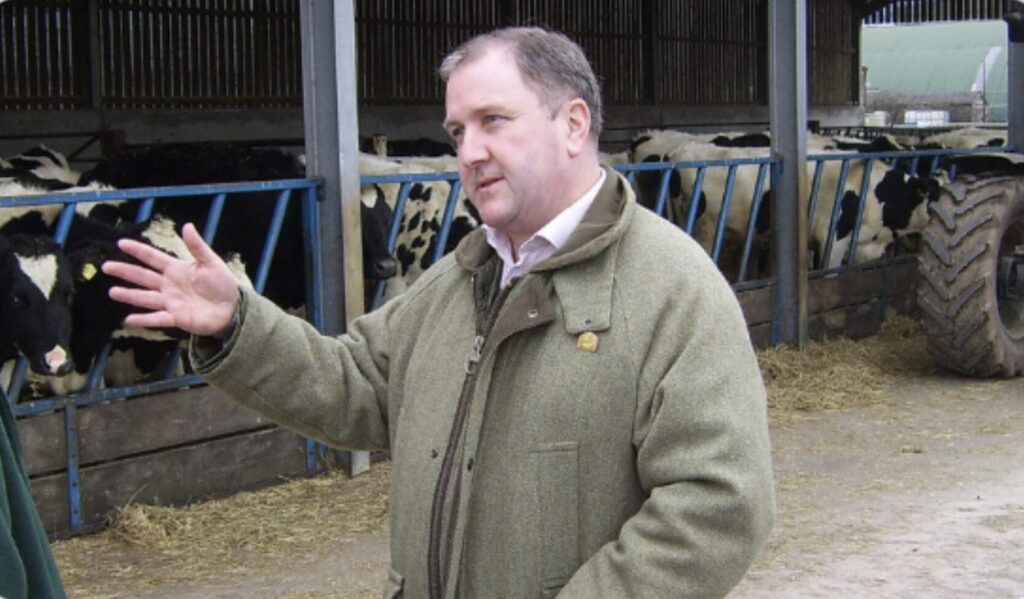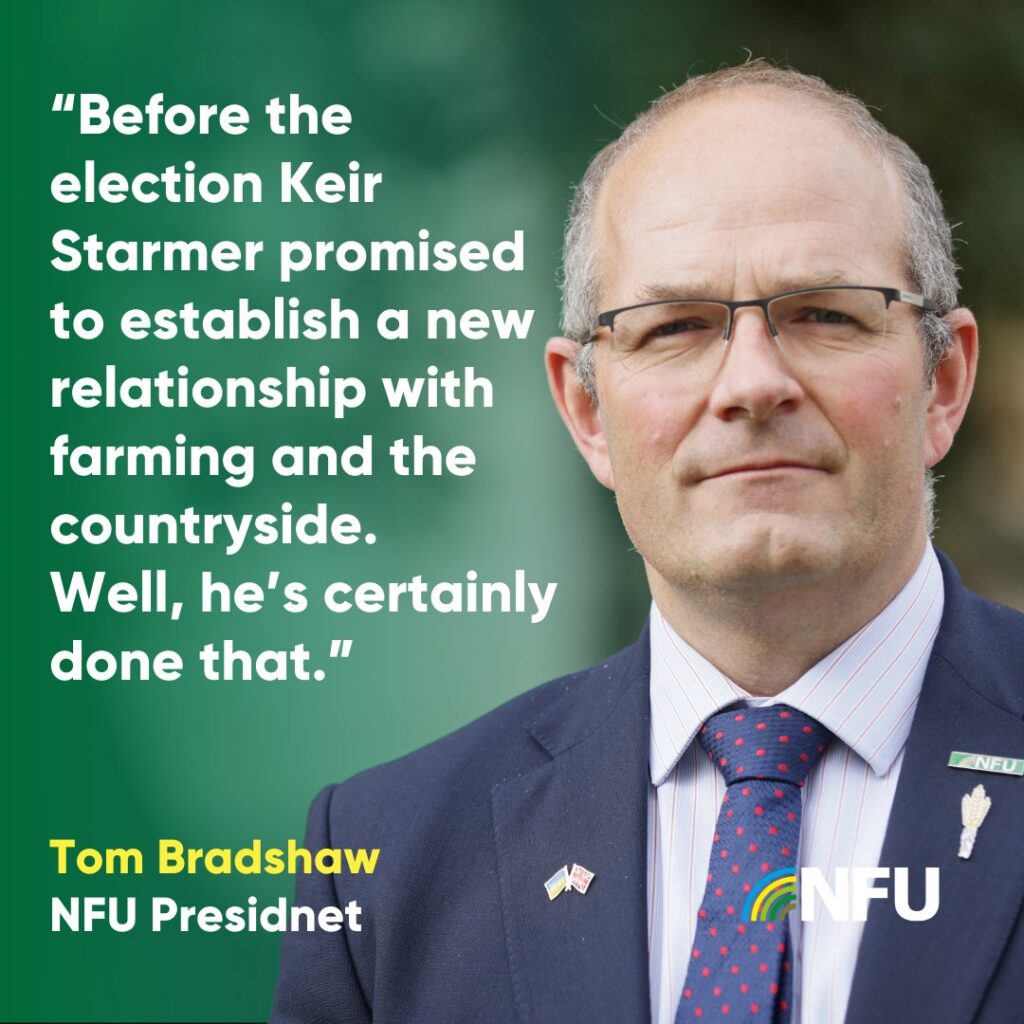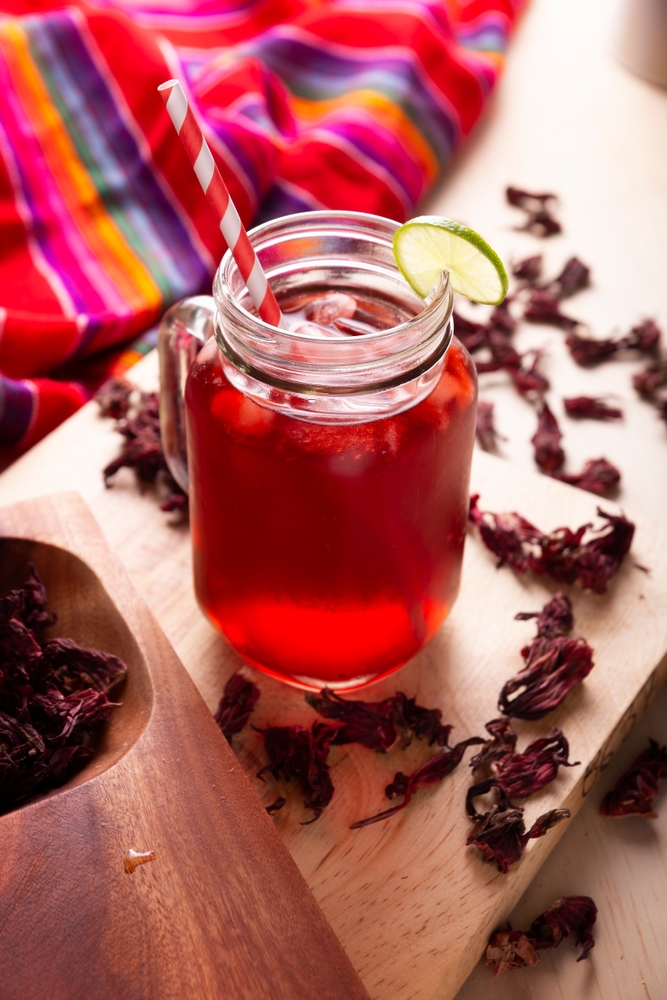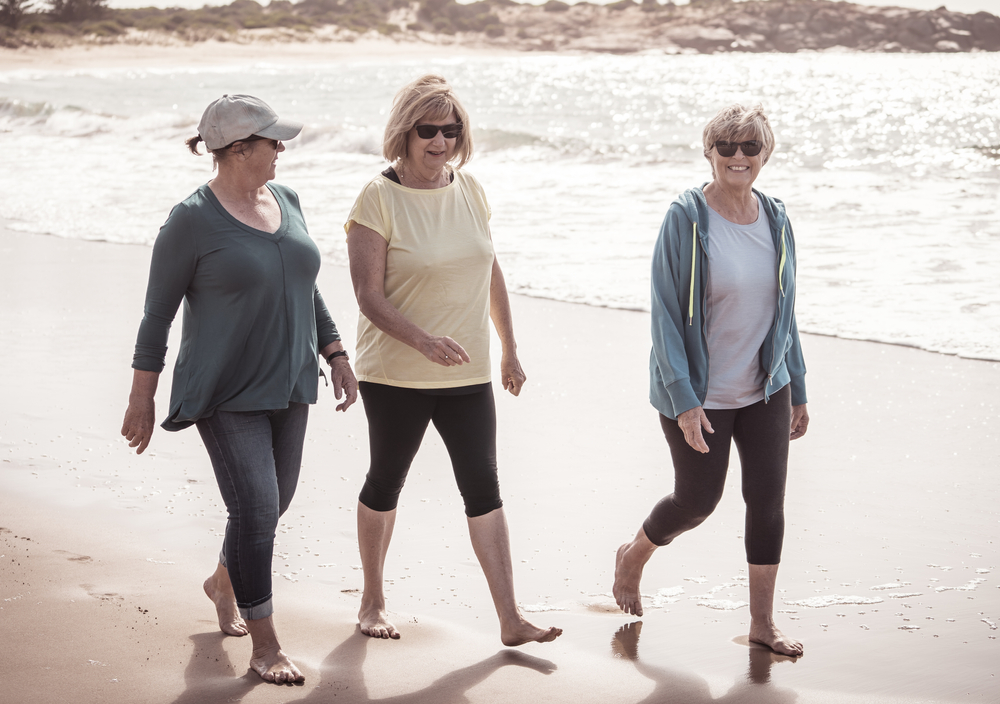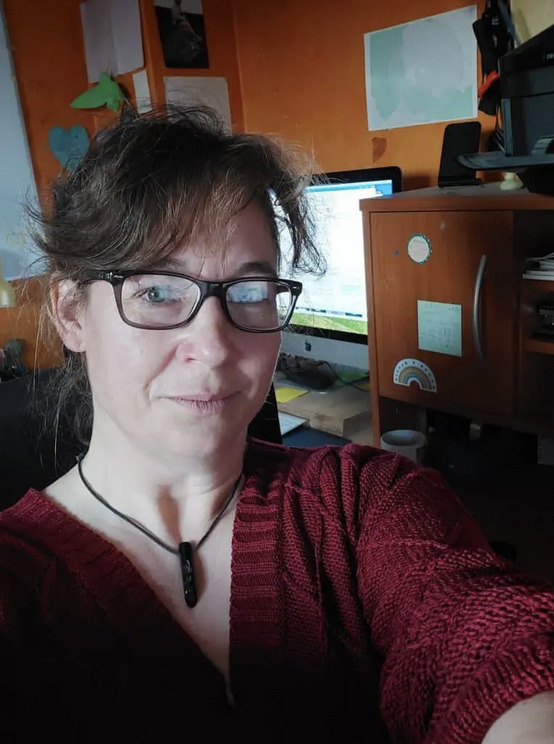
’m not sorry to see October go – usually it’s one of my favourite months, but the mental load has been quite something. As I’ve put this issue together, it’s become clear it’s not just me feeling this way: strong opinions abound. I got a late-night message from farming journalist Andrew Livingston, insisting the Budget had to be addressed. You’ll find his fiery response on page 68. We’re also launching two new opinion columns. The first is by a Dorset parish councillor who has decided it is time to speak up. They’ll be known as The Dorset Insider, and no, we won’t be revealing their identity.
The Grumbler is another anonymous column – this time, open to you. It began as an excellent reader’s letter, with the nervous writer wanting to stay unnamed. I wondered if offering an anonymous platform might reveal some intriguing opinions, so The Grumbler is yours to fill.
I hope you’ll find both columns as interesting and thought-provoking as I did.
For the last few weeks I’ve been lurching from look/don’t look paralysing fear over the national and international news. The Middle East, the catastrophic weather, the Budget, what happens next in America … When the problems are so vast, and I am so powerless, I always have a very mature urge to simply throw a duvet over my head.
But when the weight of the news feels relentless, sometimes the wisest choice IS to step back. Take a breath, tune out the noise, and find the small things that keep you steady. So, if you need to retreat, know you’re not alone. A good book, a hot drink and a quiet hour are all we need to keep going.
In other news, I lost my glasses last week (it really was a bad month!). They literally live on my face, on my desk or on the top of my head. I hadn’t left the house. But we turned the only three rooms I’d been in upside down and they were NOWHERE I tell you.
Eventually I had to panic-buy a new pair on 24 hour delivery … naturally six hours after they arrived, C found my old ones.
In the shoe box.
Laura x
On George Hosford
I wanted to express my admiration for George Hosford’s compassionate approach to the unexpected barn owl chicks found in his combine’s auger tube, in last month’s article.
(Help! There’s owls in the combine!,The BV, Oct 24 issue)
It was heartening to see George take such care to safely relocate the chicks rather than pushing forward with his harvest.
I have become a big fan of George’s though his columns in the BV – and these actions reflect his genuine commitment to wildlife and sustainable farming practices. It’s refreshing to have someone like him in our community, someone who not only writes thoughtfully about these issues but also practices what he preaches on the farm.
Thanks, George, for showing how it’s done!
Annie Potter, Verwood
I am not a farmer. I have absolutely no interest in seed. Nor, frankly, do I understand any kind of engineering machinery.
Why then did I just sit and read the entirety of George Hosford’s farming column this month? I was swiftly and deeply invested in the wildflower seed mix. I was utterly fascinated and spent far to long poring over the diagram of the seed sorter contraption. I now know more than I ever knew I needed about seed mixes and cover crops, and I am very satisfied by this.
Thank you George. And thank you BV for such an interesting peek into farming – I’ve lived in Dorset all my life, but I have only ever seen it from ‘the other side of the hedge’ – your farming columns are an absolute eye opener, and should be required reading.
Nicky S, Wimborne

Okeford Fitzpaine memorial
This year marks the 110th anniversary of the outbreak of World War One. To mark the occasion The Okeford Fitzpaine Local History Group have installed a memorial at the approach to the village on Castle Lane adjacent to the recreation ground.
During WW1 the graves of the fallen were initially marked with white wooden crosses – later on, the Commonwealth War Graves Commission consolidated the cemeteries and erected Portland stone headstones.
The display on Castle Lane (seen above) emulates those first crosses, with a cross to each man from the village who lost his life in the two world wars.
A display on the village war dead is also shown in the Village Museum and St Andrew’s church has a stunning cascade of poppies falling from its tower.
As chairman of the local history group, I researched the lives and deaths of each man in 2014, creating a book titled The Butterboys in Battle. The principal employer in the village at the time of the Great War was Hill View Dairies* and new employees would start their career as “Butterboys”. The name was taken up by Okeford United Football Club – they are still known by it today. What better place for a memorial to the fallen Butterboys than alongside the field where today’s Butterboys still play football?
Each cross bears the name of the fallen serviceman together with a photograph to put a face to the name. Although there are photographs of most of the 19 men, I am hunting for pictures of Samuel Fox, Maurice Miller, Howard Ridout, John Warr, William Kendal Clarke and Charles Ricketts. If any BV reader has a photo of any of these men please get in touch at
[email protected].
Andrew Vickers, Okeford Fitzpaine
- Hill View Dairies was featured as a Then and Now article by the late Roger Guttridge in
The BV, June 2021
A LitterLotto?
I have recently seen Dorset Council once again advertising its LitterLotto campaign, this time encouraging children out Trick or Treating to pick up rubbish in return for prize draw entries on the app. It raises serious concerns. Clearly, promoting litter awareness, civic responsibility and clean streets is commendable – but relying on young people to do this work feels risky and unfair.
Firstly, there’s the issue of safety. Litter often includes dangerous items like broken glass or needles. What if a child is injured? Will the council take responsibility? Beyond physical risks, there’s also concern for children’s security if unsupervised. Volunteer litter picks are always equipped with Hi-Viz gear for a reason!
Moreover, the ethics are troubling. The council already employs workers to keep streets clean, so why shift the task onto children for the chance of a prize? This approach smacks of unpaid labour from our youth.
Encouraging community spirit is one thing, but I’m sorry, this initiative crosses a line. The council should invest in its staff to handle these responsibilities without exploiting young people, and concentrate instead on simply teaching EVERYONE how to use a bin.
Janet Green, Sherborne
On Cluckonomics Revisited:
After reading last month’s Cluckonomics Revisited (The BV, Oct 24) by Andrew Livingston, I felt compelled to challenge the narrative slightly. I’ve recently cut down my meat consumption to just twice a week, driven by alarming insights into the environmental cost of livestock farming.
It’s great to see some sustainable practices in poultry farming highlighted, but let’s not skirt around the fact that reducing meat consumption is a quicker, more impactful way to decrease our carbon footprint. I hope more readers realize the power of their dietary choices and push for broader adoption of sustainable farming methods.
Anita V, by email
Want to reply? Read something you feel needs commenting on? Our postbag is open! Please send emails to [email protected].
When writing, please include your full name and address; we will not print this, but do require it.



